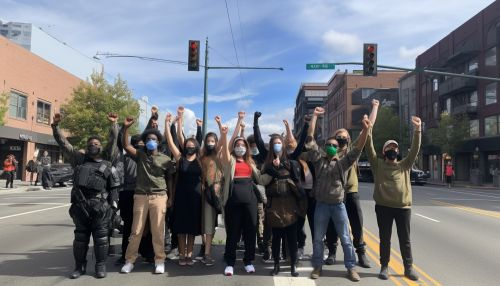Dissident
Definition and Etymology
A dissident is a person who actively opposes an established doctrine, policy, or institution. The term is derived from the Latin word "dissidēre," which means "to disagree" or "to sit apart." Dissidents are often associated with political opposition, but they can also exist in other social, cultural, and scientific contexts.
Historical Context
Throughout history, dissidents have played a significant role in shaping societies and challenging the status quo. They have often been at the forefront of major social and political changes, from the French Revolution to the Civil Rights Movement in the United States.


Types of Dissidents
Dissidents can be categorized based on their methods of dissent, the issues they oppose, and the contexts in which they operate.
Political Dissidents
Political dissidents oppose the policies, actions, or authority of a government or political party. They often advocate for political change through protests, civil disobedience, or other forms of resistance. Examples include Nelson Mandela, who opposed apartheid in South Africa, and Aung San Suu Kyi, who fought for democracy in Myanmar.
Social Dissidents
Social dissidents challenge societal norms, values, or practices. They often advocate for social change and equality, and their issues may include gender equality, racial equality, or LGBTQ+ rights. Examples include Martin Luther King Jr., who fought for racial equality in the United States, and Malala Yousafzai, who advocates for girls' education worldwide.
Scientific Dissidents
Scientific dissidents challenge established scientific theories or practices. They often propose new theories or methodologies that contradict mainstream scientific consensus. Examples include Galileo Galilei, who championed heliocentrism in the face of geocentric beliefs, and Rachel Carson, who challenged the use of pesticides in agriculture.
Role and Impact
Dissidents play a crucial role in promoting change and progress in society. By challenging established norms and authorities, they stimulate debate, foster critical thinking, and can drive social, political, and scientific advancements. However, their actions can also lead to conflict, repression, and sometimes even violence.
Challenges and Risks
Dissidents often face significant challenges and risks, including censorship, imprisonment, or even death. In many authoritarian regimes, dissidents are persecuted and their rights are severely curtailed. Despite these risks, many dissidents continue to fight for their beliefs, demonstrating remarkable courage and resilience.
